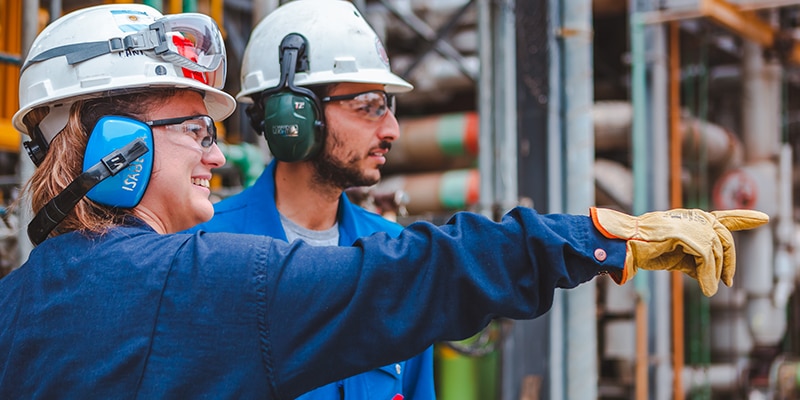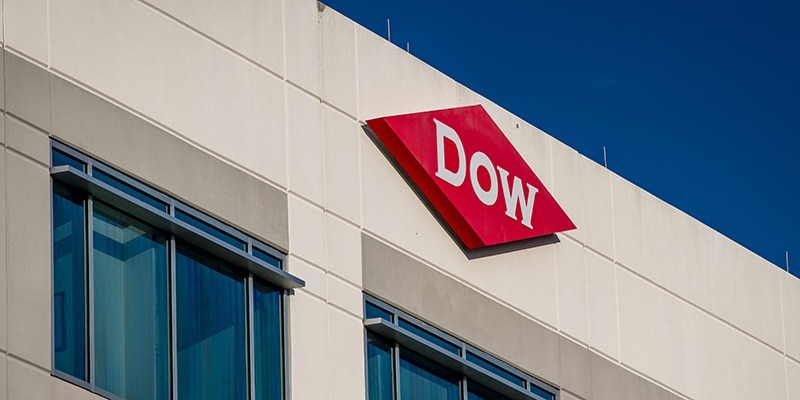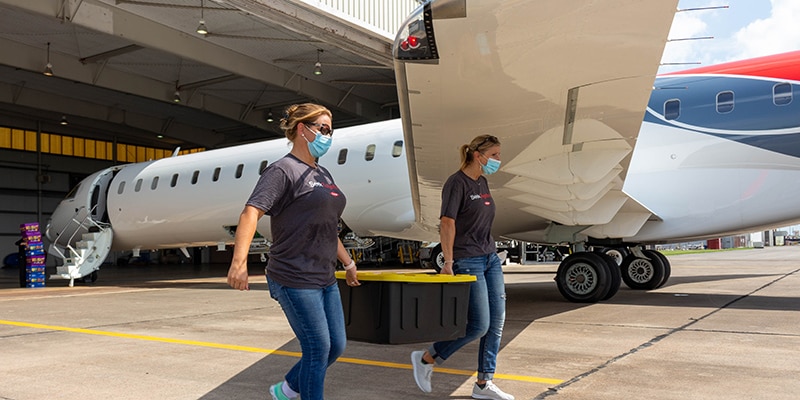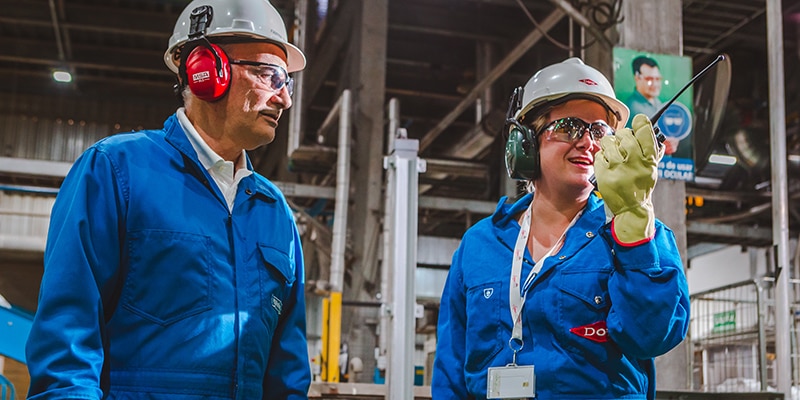Dow participates in many trade and business associations. Engagement with trade and business associations1, whose purpose is to promote common business interests, assists us in managing priorities relevant to Dow and the chemical industry. Trade associations support member companies by:
- Advocating company and industry positions
- Building critical relationships
- Educating the public
- Supporting informed, sound public policy decisions
Many trade and business associations have diverse memberships and diverse member views on matters of public policy. Dow endeavors to participate actively in the leadership of its key trade associations. However, we may from time to time find ourselves in disagreement with the prevailing views of the majority of the association's membership. It is our practice, and our preference, to work within the association policy process to assure that Dow's views are adequately communicated and represented in association policy, strategy and tactics. In all cases, any Dow position on a matter of public policy is the prevailing company position, irrespective of any trade association position to the contrary.
Dow has also developed partnerships with civic leagues and social welfare organizations 2 that play an important role in public policy debates. These non-governmental organizations sometimes engage in advocacy-related activities, as well.
All memberships in and contributions to trade associations and civic organizations are reviewed by a Dow Government Affairs work group, and follow the same authorization process as for political spending activities.
Dow receives information from trade and business associations as well as civic leagues and social welfare organizations in the U.S. regarding the portion of our dues or contributions that are used for lobbying expenses and political expenditures. We include this information in the aggregate in our quarterly lobbying activity reports filed with the U.S. Congress, as required by the Lobbying Disclosure Act (LDA)3. View Dow's LDA filings.
For those trade associations and civic organizations to which Dow contributes $25,000 or more annually, Dow also provides this information below.
Trade Association Lobbying Expenditures ‐ 2024 (131KB PDF)
Trade Association Lobbying Expenditures ‐ 2023 (117KB PDF)
Trade Association Lobbying Expenditures ‐ 2022 (146KB PDF)
Trade Association Lobbying Expenditures ‐ 2021 (179KB PDF)
Trade Association Lobbying Expenditures ‐ 2020 (175KB PDF)
Last Update: 05/28/2025
1Trade and business associations are qualified under Section 501(c)(6) of the U.S. Internal Revenue Code
2Civic leagues and social welfare organizations are qualified under Section 501(c)(4) of the U.S. Internal Revenue Code
3Dow uses Method C for LDA filing, reporting amounts under Section 162(e) of the U.S. Internal Revenue Code





